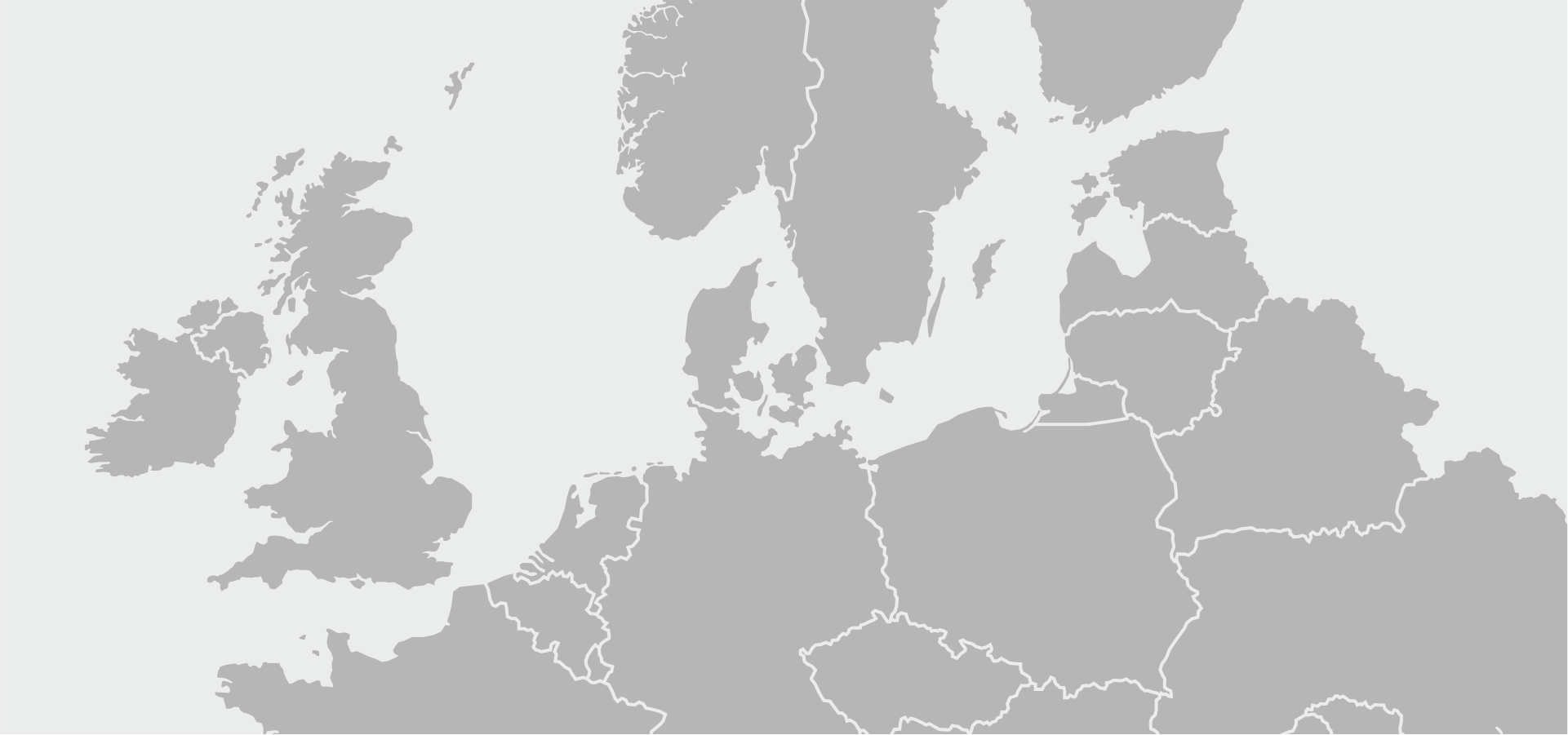In the world of maritime logistics, the term “ship supply” holds a specific and highly specialized meaning. While it may seem like simply delivering goods to a vessel, in reality, it’s a complex logistics service governed by strict rules, procedures, and industry standards. At Baltona Shipchandlers, we provide daily supplies to merchant ships, passenger vessels, and offshore units, delivering exactly what’s needed – in full compliance with customs, health regulations, and tight port schedules.
This article answers a key question:
What exactly is ship supply and how does it differ from standard provisioning on land?
What is ship supply?
Ship supply refers to a specialized logistics service involving the delivery of essential goods and materials directly to vessels. These supplies are necessary for the crew’s daily needs, ship operations, and safe voyage execution.
The scope of ship supply includes:
- Food and beverages (fresh, frozen, canned)
- Technical items (tools, lubricants, spare parts, bulbs, seals)
- Duty free products (alcohol, tobacco, sweets, cosmetics)
- Chemicals and cleaning agents (disinfectants, descalers, technical fluids)
- Crew equipment and cabin supplies (clothing, hygiene products)
- Technical documentation, navigational charts, flags, maritime publications
Deliveries are executed:
- At a specific port and during a limited berth time
- In compliance with customs and sanitary regulations
- In standard or emergency 24/7 mode, e.g. in case of technical failure on board
How is ship supply different from regular provisioning?
At first glance, ship supply might resemble typical delivery services for hotels, restaurants, or institutions. However, the differences are critical and defining:
1. Client profile and delivery location
Standard provisioning: Stationary businesses, retail stores, hospitality venues, public buildings
Ship supply: Merchant vessels, passenger ships, offshore platforms – often in transit, berthed only for a few hours
2. Delivery urgency
Standard deliveries are typically scheduled well in advance and follow regular timetables
Ship supply demands speed and precision – unloading time is limited, and dock access can be highly restricted
3. Documentation requirements
Ship supply involves:
- Customs clearance
- Crew manifests
- Health certificates
- Port authority permits
In standard deliveries, documentation is usually limited to an invoice and delivery note.
4. Product range complexity
Ship supply covers a broad and mixed assortment of:
- Food
- Technical supplies
- Chemicals
- Duty-free items
- Emergency equipment
Standard supply rarely involves such variety in a single shipment.
5. Responsibility and logistics
In ship supply, there is no room for error – missing even one critical item may result in voyage delays or safety risks.
Our experience – Baltona’s ship supply in practice
For over 75 years, we’ve been a trusted partner to shipowners, captains, and fleet operators. We deliver ship supplies to ports in Gdańsk, Gdynia, Świnoujście, and Szczecin, as well as to select foreign ports.
Our logistics infrastructure includes:
- Refrigerated and ventilated warehouses
- Facilities for chemical storage
- Quick-access loading zones for tight port schedules
Thanks to our in-house logistics team, familiarity with port procedures, and close cooperation with customs authorities, we handle even the most demanding maritime deliveries.
Trust built on professionalism
Ship supply isn’t just about delivering goods. It requires knowing:
- How to prepare products for international transport
- How to complete and verify documentation
- How to meet the specific needs of different vessel types
- How to operate under time pressure and regulatory constraints
That’s why our clients value us for our reliability, flexibility, and strict adherence to international standards such as ISSA, HACCP, and IMO.
Want to learn more about ship supply for your vessel?
The Baltona Shipchandlers team is ready to help. We’ll prepare a tailored offer based on your ship’s route, crew needs, and onboard systems.
Contact us today – by phone, email, or in person at one of our offices in Gdańsk, Gdynia, or Świnoujście.
Fill in the form and we will contact you very soon!

Do jakich portów pływamy
Polska
- Świnoujście
- Police
- Szczecin
- Kołobrzeg
- Darłowo
- Ustka
- Gdynia
- Gdańsk
Niemcy
- Hamburg
- Brake
- Stralsund
- Rostock
- Wismar
- Lubeck
- Brusbuttel
- Bremenhaven
- Bremen
Belgia
- Antwerpia
- Ghent
Holandia
- Rotterdam
- Amsterdam
- Ijmuiden
Dania
- Aarhus
- Kalundborg
Szwecja
- Uddevalla
Francja
- Rouen
Estonia
- Tallin
Łotwa
- Ryga
Litwa
- Kłajpeda
Finlandia
- Pori
Which ports we sail to
Poland
- Świnoujście
- Police
- Szczecin
- Kołobrzeg
- Darłowo
- Ustka
- Gdynia
- Gdańsk
Germany
- Hamburg
- Brake
- Stralsund
- Rostock
- Wismar
- Lubeck
- Brusbuttel
- Bremenhaven
- Bremen
Belgium
- Antwerpia
- Ghent
Netherlands
- Rotterdam
- Amsterdam
- Ijmuiden
Denmark
- Aarhus
- Kalundborg
Sweden
- Uddevalla
France
- Rouen
Estonia
- Tallin
Latvia
- Ryga
Lithuania
- Kłajpeda
Finland
- Pori
Welche Häfen wir anlaufen
Polen
- Świnoujście
- Police
- Szczecin
- Kołobrzeg
- Darłowo
- Ustka
- Gdynia
- Gdańsk
Deutschland
- Hamburg
- Brake
- Stralsund
- Rostock
- Wismar
- Lubeck
- Brusbuttel
- Bremenhaven
- Bremen
Belgien
- Antwerpia
- Ghent
Niederlande
- Rotterdam
- Amsterdam
- Ijmuiden
Dänemark
- Aarhus
- Kalundborg
Schweden
- Uddevalla
Frankreich
- Rouen
Estland
- Tallin
Lettland
- Ryga
Litauen
- Kłajpeda
Finnland
- Pori